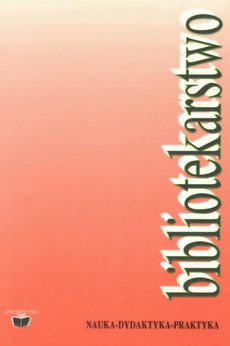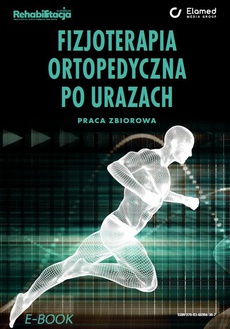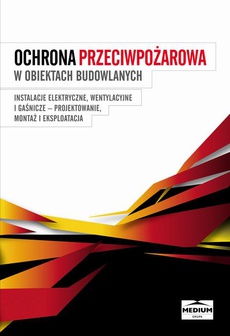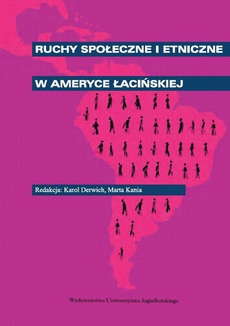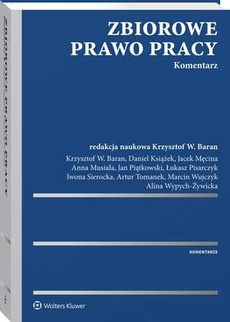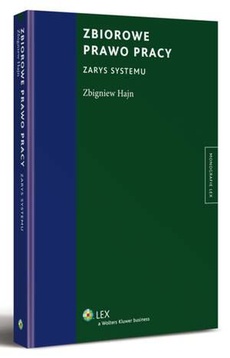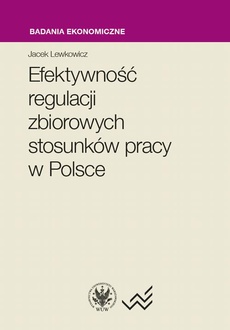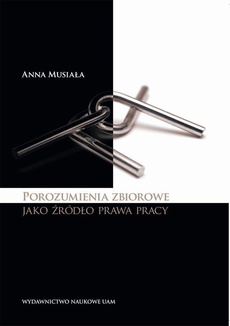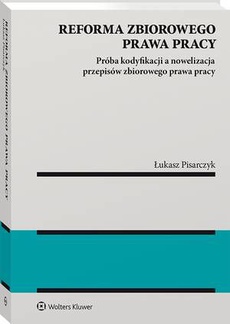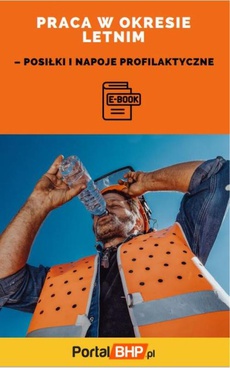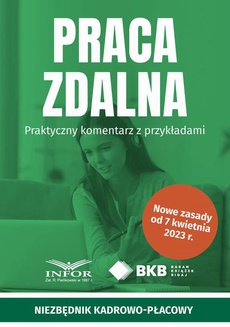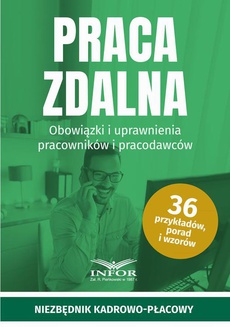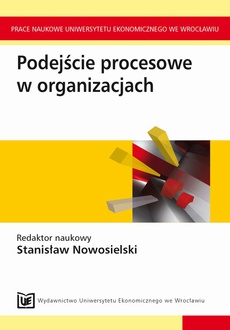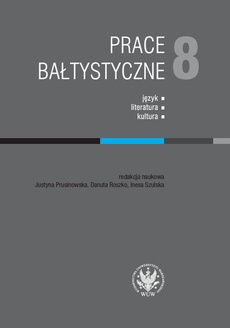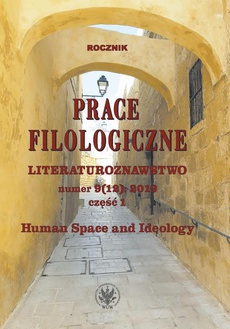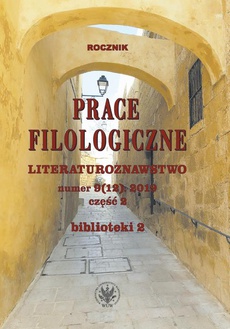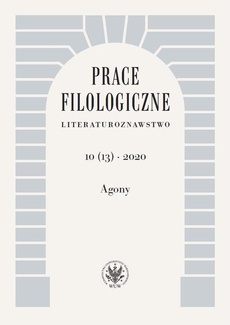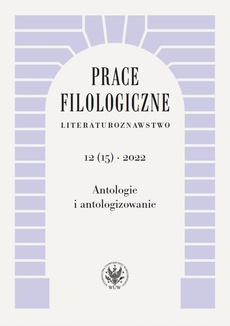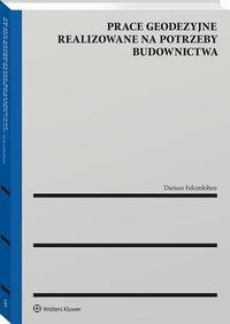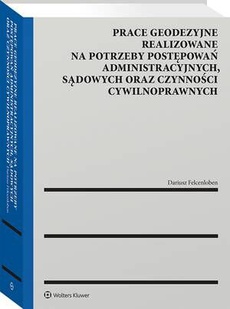INNE EBOOKI AUTORA
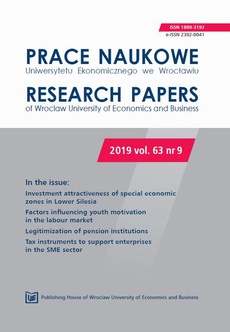
Prace Naukowe Uniwersytetu Ekonomicznego we Wrocławiu 63/4. Investment attractiveness of special economic zones in Lower Silesia
Praca zbiorowa
Format:
ibuk
This article is about the process of globalisation supported by cryptocurrencies. It discusses the influence of cryptocurrencies on three major aspects: the political, economic and social spheres. The section on the political sphere highlights the way the authorities of some countries react towards cryptocurrencies. The evolving legal status of cryptocurrency in different regions is described. The section on the economic sphere enumerates examples of cryptocurrencies used on the financial markets. It shows how cryptocurrency might be used by the business sector. The social sphere section illustrates the major kinds of internet societies which are created around cryptocurrencies and what tools are facilitating cryptocurrency transfers. Many examples of important cryptocurrencies are used. The analysis of statistical data and literature have been used in order to evaluate the topic. The study provides additional evidence proving that cryptocurrencies have a significant impact on the process of globalisation.
| Rok wydania | 2019 |
|---|---|
| Liczba stron | 139 |
| Kategoria | Publikacje darmowe |
| Wydawca | Wydawnictwo Uniwersytetu Ekonomicznego we Wrocławiu |
| Język publikacji | angielski |
| Informacja o sprzedawcy | ePWN sp. z o.o. |
POLECAMY
Ciekawe propozycje
Spis treści
| Part 1. Economics and Finances | 5 |
| Wasyl Bilczak: Development of spatial and interdisciplinary research in the Russian regions | 7 |
| Marcin Brycz, Teresa Kamińska: Pension funds and FDI. Is there a link? | 18 |
| Agnieszka Dembicka-Niemiec: Realization of regional operational programme of the Opolskie Voivodeship. Assumption and activities in the Opole Agglomeration in the context of sustainable development | 32 |
| Magdalena Janiszewska, Maria Węgrzyn, Piotr Kowalski: Critical assessment of the tie-breaker rule using the example of the DTT Germany–Poland | 47 |
| Sylwia Klus, Grzegorz Paluszak, Zuzanna Urbanowicz: Inadequacy of the ECB’s monetary policy in the EU economies outside the eurozone | 58 |
| Józef Komorowski, Bernadeta Hołderna-Mielcarek: Mass tourism and overtourism in Polish agglomerations. Poznan and Wroclaw case studies | 68 |
| Mariusz Kudełko: Efficiency of the emissions trading scheme – a theoretical approach | 79 |
| Jarosław Osmolak: Investment attractiveness of special economic zones in Lower Silesia in Poland for Japanese FDI | 90 |
| Mirosława Witkowska-Dąbrowska, Natalia Świdyńska, Agnieszka Napiórkowska-Baryła: Meeting the Europe 2020 Strategy sustainable development guidelines by Poland | 103 |
| Agnieszka Żołądkiewicz-Kuzioła: Tax instruments to support enterprises in the SME sector using the example of the communes of Lublin and Mazovia provinces | 117 |
| Part 2. Management and Quality Sciences | 127 |
| Magdalena Bartczak, Agnieszka Szymankowska: Factors influencing youth motivation in the labour market based on own research | 129 |
| Piotr Hanus, Marek Kasperek: Cooperation of enterprises in the sphere of human resources in logistics | 141 |
| Jolanta Korkosz-Gębska: Lean Hospitals as a concept supporting the sustainable development of hospitals | 152 |
| Grzegorz Lew: Use of cost accounting in cost management | 161 |
| Małgorzata Marzec, Agnieszka Szczudlińska-Kanoś: Legitimization of pension institutions. Need or necessity? | 172 |
| Halina Stoch-Chyc: Condo hotels as a way to invest in new market challenges | 185 |
| Edyta Tabaszewska-Zajbert, Agnieszka Sokołowska-Durkalec: Towards a turquoise organization – personal change of employees and its socio--cultural barriers | 200 |
| Sylwia Wiśniewska, Kamil Wiśniewski: Soft competencies and employability of vocational school graduates – the perspective of employers from the Świętokrzyskie Voivodeship | 211 |

